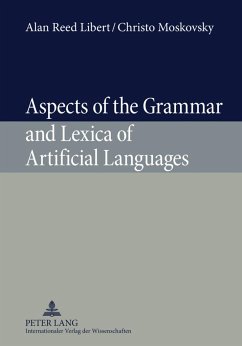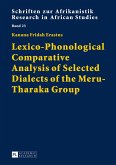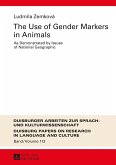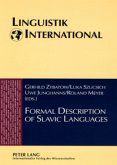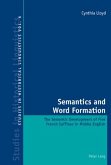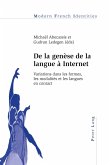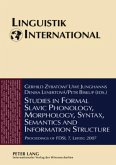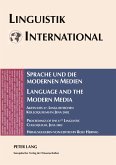This book treats various areas of the phonetics, orthography, morphology, syntax, and lexica of artificial languages in an effort to determine what features such languages have in common, and how they differ. Among the topics dealt with are affricates, digraphs, stress, plural formation, demonstratives, prepositional case assignment, color terms, terms for beverages, and terms for meteorological phenomena. Data from many artificial languages, gathered from both primary and secondary sources, are presented in an attempt to give a picture of tendencies among them. The comparative examination of the languages considered in this book demonstrates that artificial languages are relatively uniform in some phonological aspects (e.g. nasals and affricates) while they show a considerable degree of variation in relation to some morphological categories (e.g. demonstratives and plurals). With regard to vocabulary from various lexical fields, in addition to the expected differences among a priori languages, different degrees of uniformity were found among a posteriori and mixed languages with respect to lexemes with particular meanings.
Bitte wählen Sie Ihr Anliegen aus.
Rechnungen
Retourenschein anfordern
Bestellstatus
Storno

